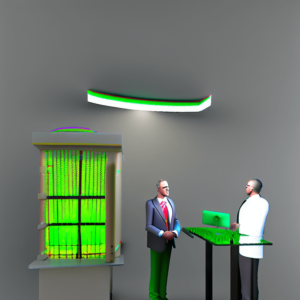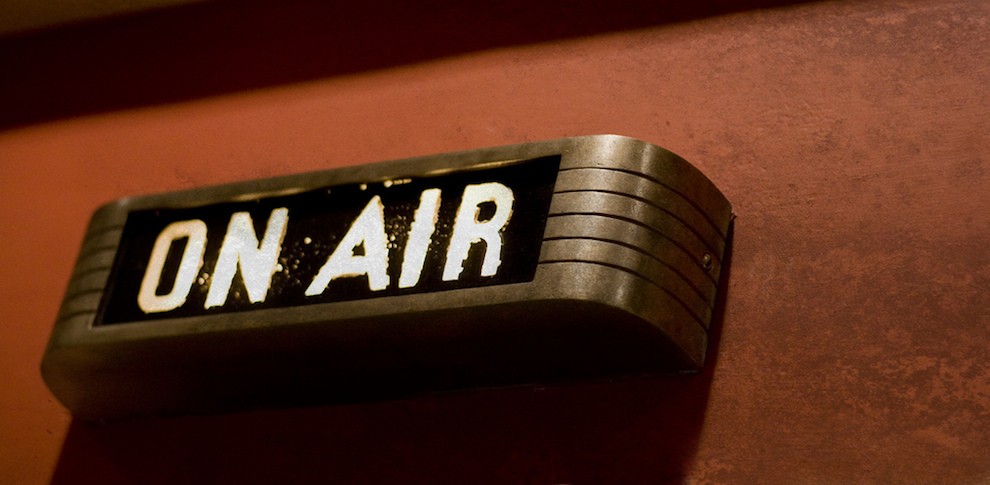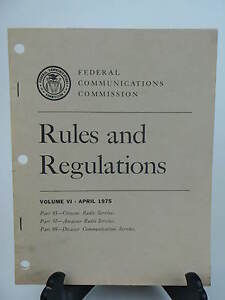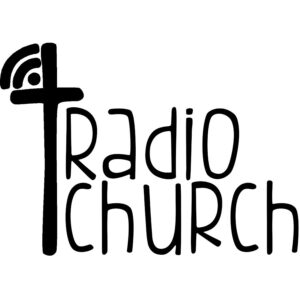
In the world of Low Power FM (LPFM) radio, the dream of establishing your own station can be incredibly appealing. However, it’s important to be cautious and informed, as there are unscrupulous individuals and entities out there preying on the hopes and aspirations of LPFM applicants. These scammers dangle unbelievable promises and unrealistically low prices, but they are nothing more than wolves in sheep’s clothing.
The $200 LPFM Application Scam
One of the most common scams that have come to our attention involves an offer to prepare and file an LPFM application for a mere $200. While this might seem like a dream come true for those on a budget, it’s essential to be aware of the red flags. In some instances, LPFM applicants have reported that the application was already filed by these scammers, even before the official LPFM filing window opened on December 6th. This is simply impossible and a clear indicator that something is amiss.
The Importance of Due Diligence
For anyone considering embarking on an LPFM journey, the importance of due diligence cannot be stressed enough. When seeking the services of a consultant or organization to assist in the LPFM application process, take your time to thoroughly investigate their background and history. Check their references and ask for proof of their previous successful applications. Scammers often won’t be able to provide verifiable information.
Consequences of Falling Victim
The consequences of falling victim to these scams are twofold and devastating. Not only will you lose your hard-earned money, but you will also forfeit the precious opportunity to obtain a construction permit for your new LPFM radio station within the current filing window.
The Case of Repeat Offenders
There is one particularly troubling case of a “consultant” operating under a different name, who has a record of multiple incarcerations related to activities within the radio industry. This individual has a history that should raise immediate concerns among anyone considering their services.
Our Duty to Protect the LPFM Community
While we never wish to cause harm, we feel a deep responsibility to safeguard the Low Power FM community from these scams. These are just a couple of examples, but there are undoubtedly more scams lurking in the shadows during this filing window. Aspiring LPFM broadcasters must remain vigilant and informed to ensure their dreams become a reality, rather than a nightmare.
To start an LPFM radio station, potential applicants must file an application during a certain time frame, when their applicable filing window is open. When new filing window dates are announced, notices are posted on the FCC’s web page at fcc.gov/lpfm. Information about how to apply for an LPFM radio station construction permit is included there.
Always remember that if something seems too good to be true, it probably is. Trustworthy consultants and experts in the field will not make outrageous promises or offer services at unrealistically low prices. Stay safe, stay informed, and protect your LPFM aspirations from those who seek to exploit them.
https://www.fcc.gov/consumers/guides/low-power-fm-radio-scams







 In the world of broadcasting, community engagement and local voices hold significant value. Low Power FM (LPFM) radio stations play a vital role in providing unique, localized content, and the 2023 LPFM Radio Filing Window presents a golden opportunity for individuals, organizations, and communities to make their voices heard. The importance of this filing window cannot be overstated, and being prepared and starting the process right now is crucial to maximizing the benefits it offers.
In the world of broadcasting, community engagement and local voices hold significant value. Low Power FM (LPFM) radio stations play a vital role in providing unique, localized content, and the 2023 LPFM Radio Filing Window presents a golden opportunity for individuals, organizations, and communities to make their voices heard. The importance of this filing window cannot be overstated, and being prepared and starting the process right now is crucial to maximizing the benefits it offers.


